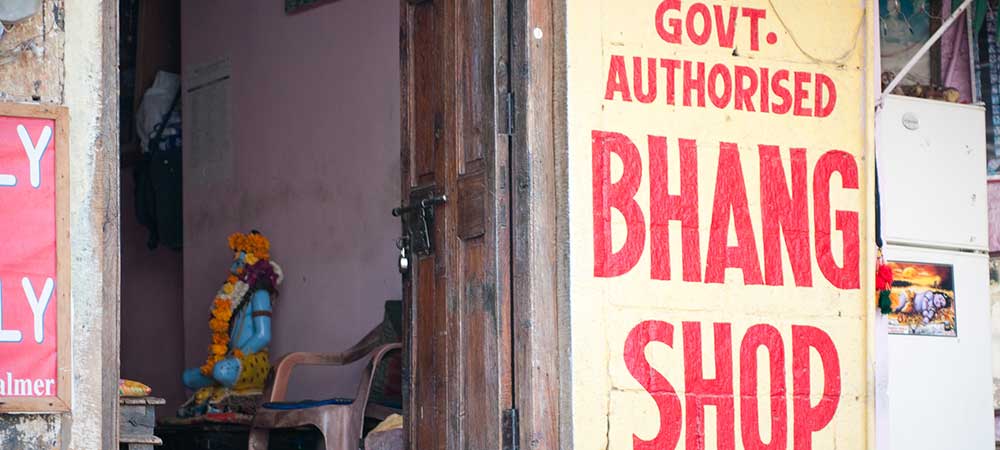The Growing Gray Market – What’s Up With Cannabis On Indian Lands?
Despite California’s legalization of cannabis, many localities in California have yet to enact local enabling legislation to allow cannabis operators to set up shop within their city limits. For those cities that have passed this enabling legislation, many would-be operators tend to find it too difficult to get the necessary approvals or are put on wait-lists due to the lack of available licenses. It is this type of environment that a growing gray market is happening in California.
One way that operators attempt to circumvent these limitations, is to set up shop on Indian lands or Indian reservations”. You need to look no further than Weedmaps to find dozens of shops on Indian lands advertising their specials and freedom from state and local taxes. Most would think this is legal as Indian reservations are deemed to have “Tribal Sovereignty” meaning that the tribe have a right to govern themselves, define their own membership, manage tribal property, and regulate tribal business and domestic relations. Those who live on Native American lands, governed by sovereign tribal governments, are subject to rules and regulations different from those who live on non-reservation land. For example, Indian reservation casinos flourish in states where gambling is prohibited.
In key ways, the move to grow cannabis in Indian country mirrors the movement to legalize gaming on Indian reservations decades ago which is when Federal law was enacted allowing Indian reservations to establish casinos.
Indian Gaming Regulatory Act
In 1988 the Federal government enacted the Indian Gaming Regulatory Act (IGRA) which kept tribal sovereignty to create casino-like halls as long as the subject State and the Indian Tribe entered into a compact and the Indian tribe allowed the Federal government to regulate the gaming activity. Currently all attempts to challenge the Indian Gaming Regulatory Act on constitutional grounds have failed. Following the IGRA, the National Indian Gaming Commission was created as a federal agency in 1988 to regulate high-stakes Native gaming.
Cannabis On Indian Lands Still At Risk
The Federal Controlled Substances Act (“CSA”) 21 U.S.C. § 812 classifies marijuana as a Schedule 1 substance with a high potential for abuse, no currently accepted medical use in treatment, and lack of accepted safety for use under medical supervision. So while operators may look to Indian lands as a way of gaining Federal protection and bypassing State and Local laws, any of these levels of government can still make a case to seize the marijuana and prevent further distribution in the absence of federal law that would otherwise defer to tribal sovereignty.
What Should You Do?
Until Federal law is enacted permitting Indian tribes to engage in cannabis just like they now can engage in the gaming industry, it is still illegal to deal in cannabis. Accordingly, you need to protect yourself and your marijuana business from all challenges created by the U.S. government. Although cannabis is legal in California, that is not enough to protect you. Be proactive and engage an experienced attorney-CPA in your area. Let the tax attorneys of the Law Offices Of Jeffrey B. Kahn, P.C. located in Orange County, Inland Empire (Ontario) and other California locations protect you and maximize your net


 Follow
Follow Follow
Follow
